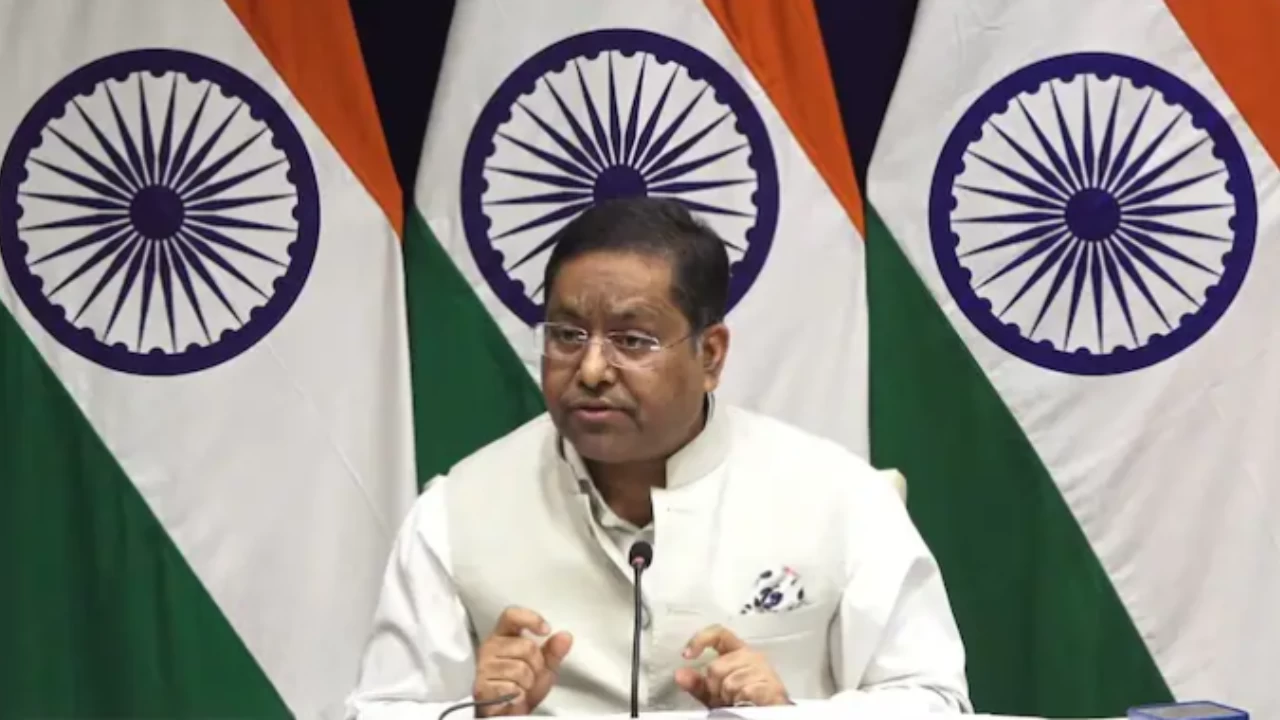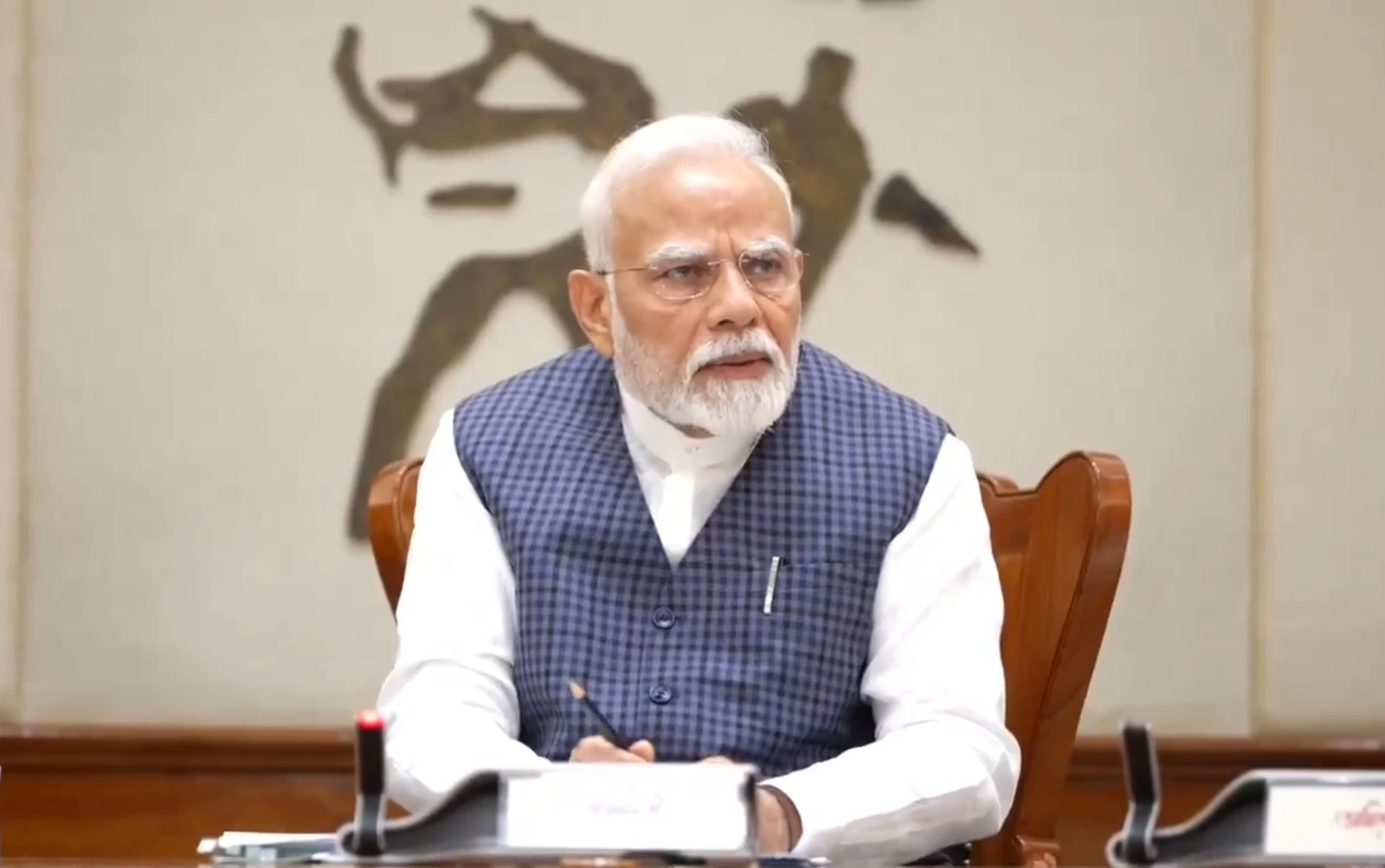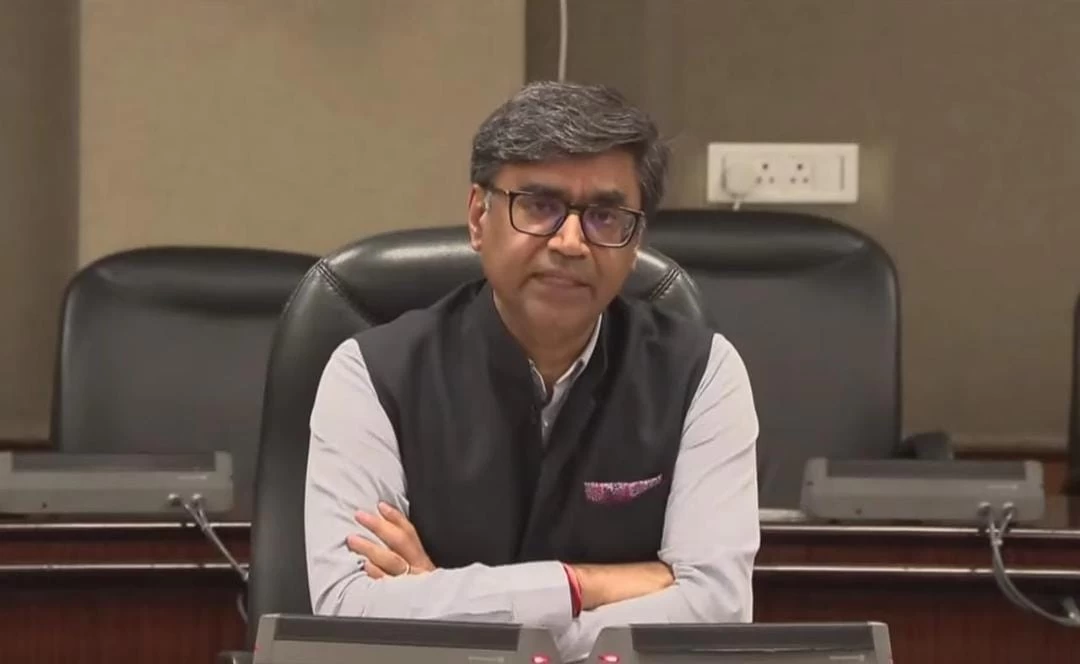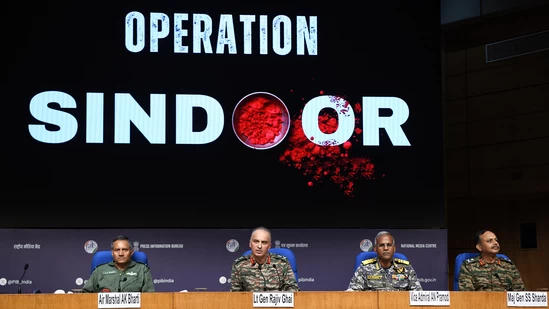Latest Updates
Supreme Court Rules Royalties on Minerals Not Considered Taxes, States Can Levy Own Taxes
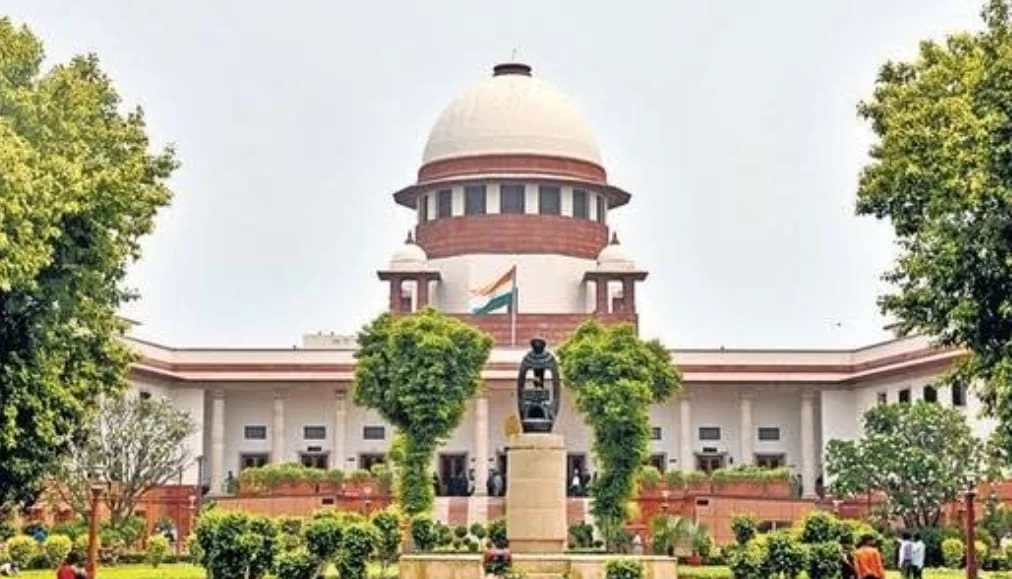
The Supreme Court on Thursday dealt a blow to the Centre, declaring that royalties paid on minerals do not constitute taxes. In a verdict by a nine-judge constitution bench led by Chief Justice Chandrachud, it was affirmed that states hold the authority to impose taxes on mineral-bearing lands. The Court clarified that royalties, paid by miners to the Centre, are contractual payments rather than taxes.
"We are of the opinion that royalty is a tax, and as such a cess on royalty being a tax on royalty, is beyond the competence of the State Legislature because of the Central Act covers the field," said CJI DY Chandrachud. The decision overturned a previous 1989 ruling which had categorized mineral royalties as taxes, asserting instead the states' power to levy taxes in this context by an 8:1 majority.
Justice B V Nagarathna dissented, arguing that only the Centre has exclusive rights to tax mineral rights nationally and warning against potential legislative overlaps if states are allowed to impose additional levies on royalties.
At the core of the dispute was the interpretation of the Mines and Minerals (Development and Regulation) Act, 1957, and whether states have the authority to levy taxes on mineral-bearing lands within their respective territories.
The ruling clarifies the distribution of powers between the Centre and the states concerning mineral rights. It affirms that states are empowered to impose taxes in this sector, contrary to the Centre's contention that only Parliament possesses such authority.
The case originated from a conflict between the Tamil Nadu government and India Cements in 1989, revolving around the classification of royalties paid on minerals as taxes. Chief Justice Chandrachud underscored the ruling's implications, and said, "Parliament does not have the power to tax mineral rights under Entry 50 of List II of the Constitution." The Court's decision carries wide-ranging implications for the balance of powers between the Centre and the states, particularly in sectors critical to India's mineral wealth and economic development.
The bench is set to hear further arguments on July 31 regarding whether the judgment should be applied retrospectively or prospectively, with potential ramifications for state governments, including those of West Bengal, Odisha, and Jharkhand, which have local laws allowing additional levies on miners.




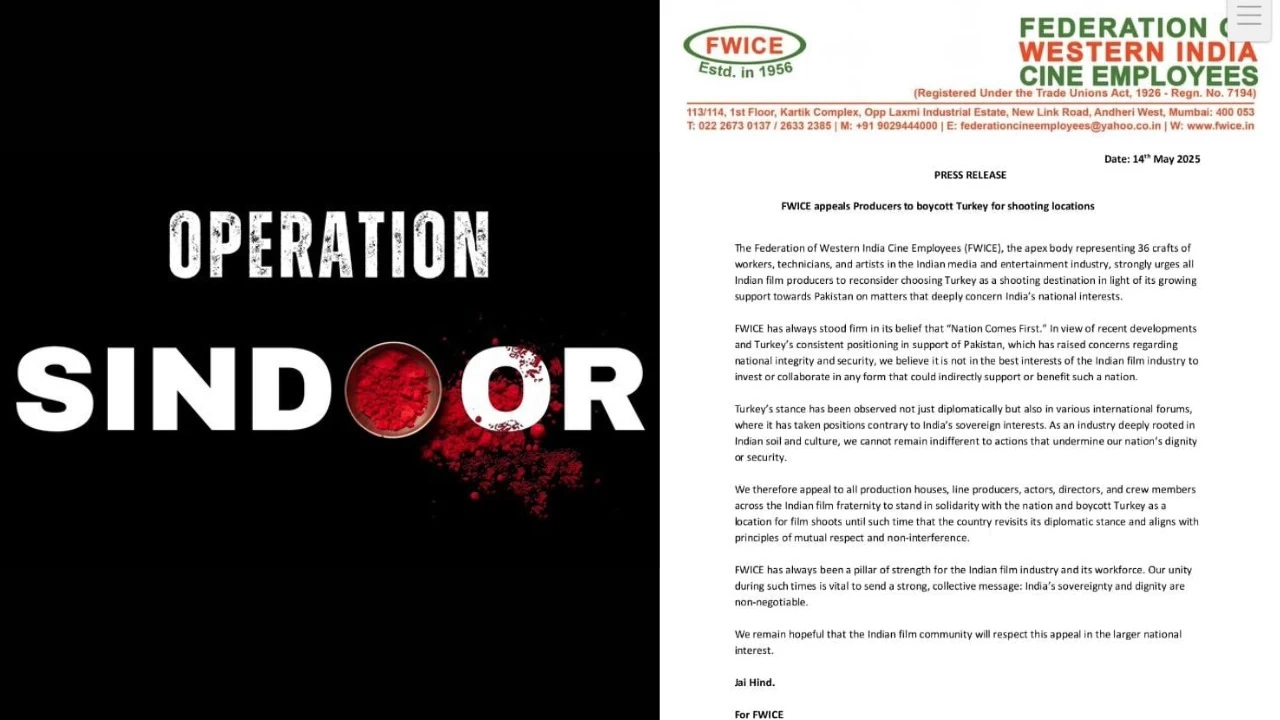
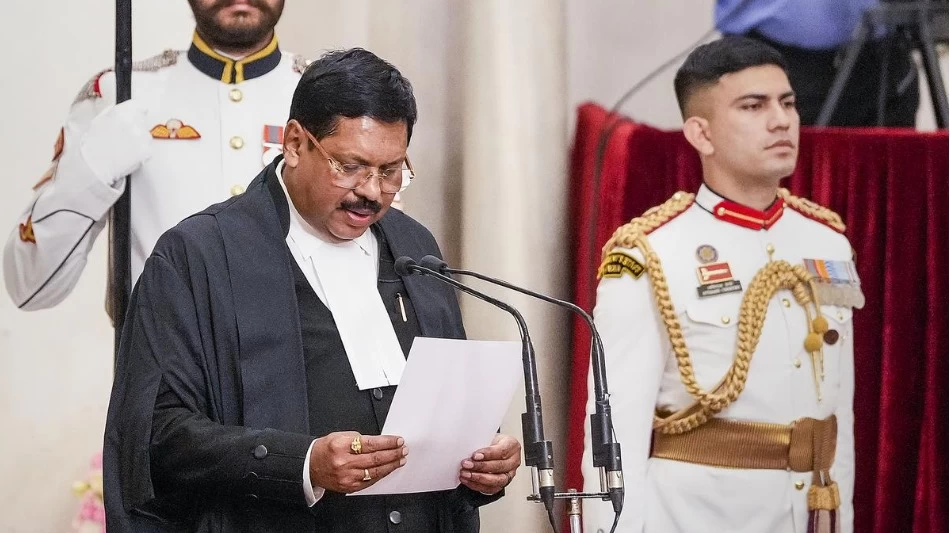


.webp)
